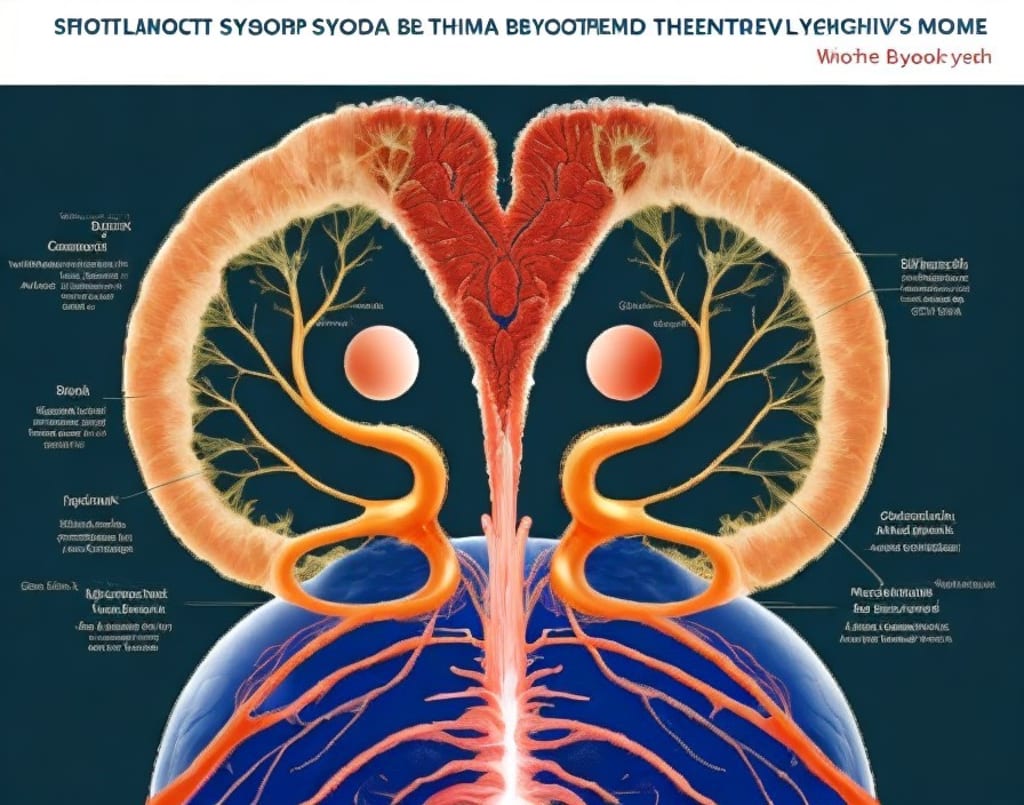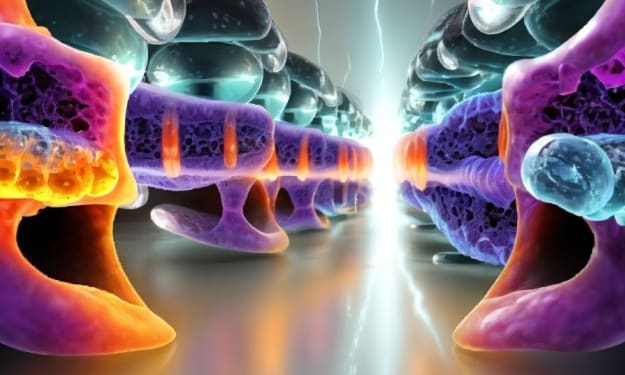Beyond Blood Flow: Unveiling the Lymphatic System's Crucial Role in Your Health
Understanding Lymphedema, a Hidden Threat, and Strategies for Effective Management

Beyond Blood Flow: Unveiling the Lymphatic System's Crucial Role in Your Health
The human body is a complex network of interconnected systems, each playing a vital role in our well-being. While we often focus on the heart and blood vessels when discussing cardiovascular health, another critical player deserves recognition – the lymphatic system. This intricate network, often overshadowed by its flashier counterpart, silently works behind the scenes to maintain our health. This article delves into the fascinating world of the lymphatic system, exploring its functions, a common condition known as lymphedema, and effective management strategies.
The Unsung Hero: The Lymphatic System Explained
Imagine a vast network of delicate tubes weaving throughout your body, collecting fluid, waste products, and immune cells. This is the lymphatic system, a parallel circulatory system to the cardiovascular system. Unlike the cardiovascular system, which focuses on transporting blood, the lymphatic system gathers a clear fluid called lymph.
Lymph contains:
Metabolic Byproducts: Cellular waste products left behind after our cells perform essential functions.
Immune Factors: White blood cells, proteins, and other molecules crucial for fighting infections and maintaining immune health.
These components are vital for optimal health. The lymphatic system acts as a filtration system, collecting lymph from tissues and transporting it to lymph nodes, where immune cells filter out harmful substances and pathogens. Cleansed lymph is then returned to the bloodstream, completing the cycle.
When the Flow Stagnates: Understanding Lymphedema
Unfortunately, the lymphatic system can become compromised, leading to a condition called lymphedema. This occurs when lymph fluid accumulates in tissues, causing swelling, typically in the arms or legs.
Causes of Lymphedema:
Primary Lymphedema: This less common form is caused by genetic abnormalities affecting the development of the lymphatic system.
Secondary Lymphedema: This more frequent type results from damage to the lymphatic system, often due to:
Surgery: Lymph node removal during cancer treatment can disrupt lymph flow.
Trauma: Injuries or burns can damage lymphatic vessels.
Radiation Therapy: Radiation can cause scarring in the lymphatic system, hindering fluid drainage.
Infection: Parasitic infections, like filariasis, can damage lymphatic vessels.
Risk Factors for Lymphedema:
Obesity: Excess weight can put additional pressure on the lymphatic system.
Inactivity: A sedentary lifestyle can hinder lymph flow.
Certain Medical Conditions: Inflammatory conditions or venous insufficiency can increase the risk.
Recognizing the Signs: Symptoms of Lymphedema
Early detection and management are crucial in controlling lymphedema. Here are some common symptoms to be aware of:
Swelling: This is the most noticeable symptom, often affecting one arm or leg, but sometimes both.
Skin Tightening: The skin may feel tight and uncomfortable due to the buildup of fluid.
Aching or Discomfort: The affected limb may feel heavy or achy.
Reduced Flexibility: Swollen tissues can limit mobility and range of motion.
Taking Control: Management Strategies for Lymphedema
While there is no cure for lymphedema, several strategies can effectively manage the condition and improve quality of life. These include:
Lifestyle Modifications: Maintaining a healthy weight, engaging in regular exercise, and following a balanced diet can all support lymphatic drainage.
Manual Lymphatic Drainage (MLD): A specialized massage technique that helps move lymph fluid from affected areas towards healthy lymphatic channels.
Compression Therapy: Wearing compression garments or using pneumatic compression devices applies gentle pressure to the affected limb, promoting fluid flow.
Skin Care: Maintaining healthy skin hygiene is crucial to prevent infections in the affected area.
Emerging Therapies:
Researchers are actively exploring new treatment options for lymphedema, such as:
Lymphatic Microsurgery: This involves rerouting healthy lymphatic vessels to help drain fluid.
Medications: Medications are being studied to improve lymphatic vessel function and reduce inflammation.
Conclusion: The Power of Awareness
The lymphatic system, often overlooked, plays a vital role in our overall health. By understanding lymphedema and its management strategies, we can empower ourselves to advocate for our health and maintain an optimal quality of life. Remember, early detection and proactive management are key to controlling lymphedema and its associated symptoms. If you experience any signs or concerns, consult your doctor for a proper diagnosis and discuss the best course of action for you.
About the Creator
suren arju
Hi there! I'm Suren, your startup guide. Entrepreneur, writer, dreamer - I share insights, tips & stories to fuel your startup journey. Ready to explore, learn & win together? Join me & let's redefine how we launch, learn & leap!
Enjoyed the story? Support the Creator.
Subscribe for free to receive all their stories in your feed. You could also pledge your support or give them a one-off tip, letting them know you appreciate their work.





Comments
There are no comments for this story
Be the first to respond and start the conversation.